The Controversial Trump-Putin Phone Call: Fact or Fiction?
Introduction
The world of international politics was thrown into disarray when reports emerged suggesting that President-elect Donald Trump had a phone conversation with Russian President Vladimir Putin shortly after his election victory. The Washington Post claimed that Trump urged Putin not to escalate the war in Ukraine and emphasized the significant U.S. military presence in Europe. However, the Kremlin’s spokesperson, Dmitry Peskov, quickly denied the occurrence of any such call, branding it as fabricated information. This article delves into the conflicting reports, the geopolitical implications, and the broader context of U.S.-Russia relations.
Table of Contents
Trump’s Campaign Promises and the Reality of Ukraine
Donald Trump, known for his bold and often controversial statements, made several campaign promises about ending the war in Ukraine. He claimed that the conflict would never have started had he been in power, asserting his close acquaintance with Putin would have deterred any aggressive moves.
“I stop wars with phone calls. Russia would have never happened with Ukraine if I were president,” Trump stated during his campaign. These claims were often met with skepticism and concern, especially from those who view Russia’s actions in Ukraine as a serious threat to global stability.
The Washington Post Report
The Washington Post reported that Trump made the call from his Mar-a-Lago residence, where he allegedly reminded Putin about the substantial U.S. military presence in Europe and expressed a desire to de-escalate the conflict in Ukraine. This conversation supposedly took place just hours after Trump’s election win, indicating an immediate focus on international diplomacy.
Lack of Official Confirmation
Despite the detailed account by The Washington Post, there has been no official confirmation from Trump’s transition team or the Kremlin. The Trump campaign has chosen not to comment on these reports, and there has been no printout or official record of the phone call, which was reportedly not organized through the State Department.
The Kremlin’s Response
Dmitry Peskov, the Kremlin’s spokesperson, categorically denied the existence of the phone call. “It doesn’t correspond at all to reality. It’s completely made up. It’s false information. There was no conversation,” Peskov stated. This firm denial adds another layer of complexity to the already murky waters of U.S.-Russia relations.
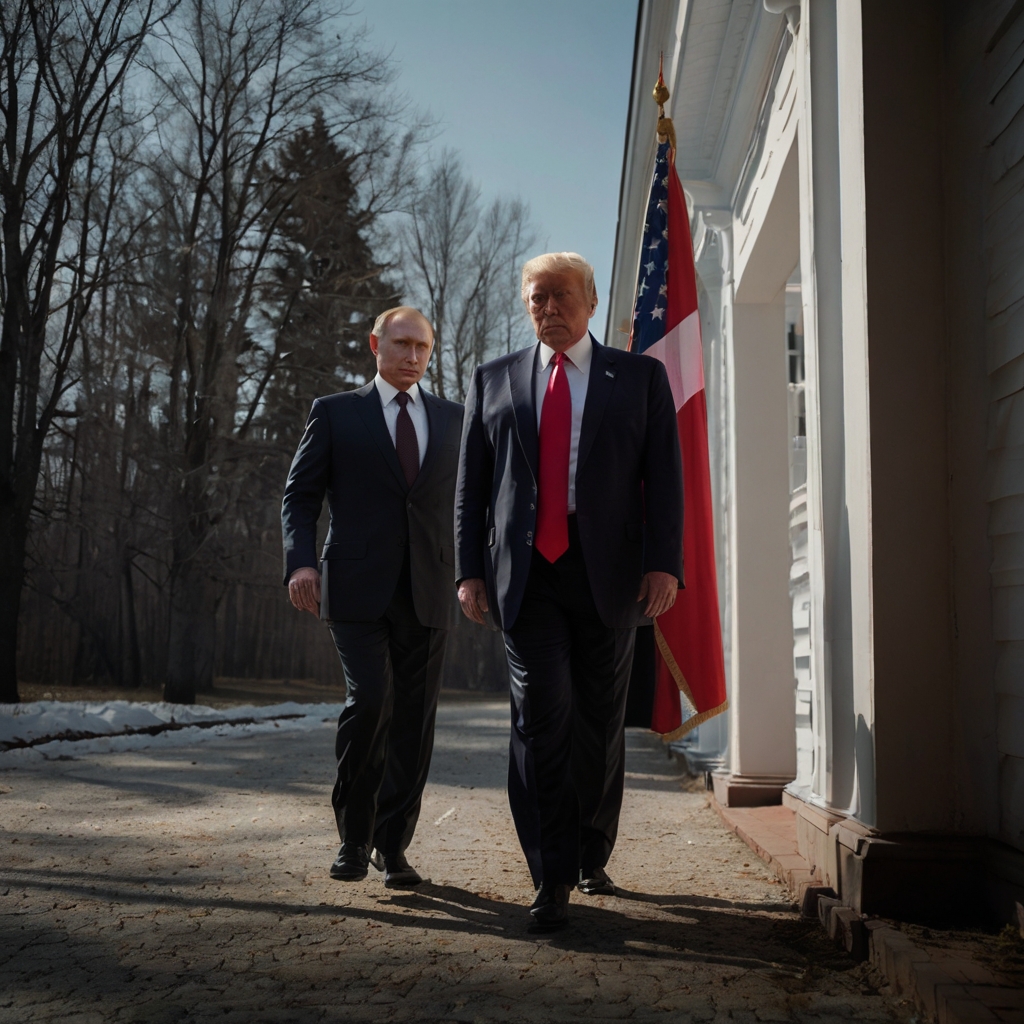
Reactions from Kyiv
In Kyiv, the reaction to these reports has been mixed. Ukrainian officials, while trying to maintain a positive public stance, are undoubtedly concerned about Trump’s previous statements regarding Ukraine and his perceived leniency towards Putin. President Volodymyr Zelensky was quick to congratulate Trump on his election victory, but the underlying anxiety about future U.S. support for Ukraine remains.
Historical Context and Geopolitical Implications
Trump’s Stance on Ukraine
Throughout his campaign, Trump has been critical of the Biden administration’s handling of the Ukraine crisis. He has repeatedly claimed that the invasion would never have occurred under his leadership and has criticized the substantial military and economic aid provided to Ukraine. This stance has caused considerable concern among Ukrainian officials and their allies, who fear a potential shift in U.S. policy.
The Role of Mike Pence
Adding to the complexity, Vice President-elect Mike Pence previously outlined a peace deal for Ukraine that closely resembled proposals favored by Putin. This plan included Russia retaining the territories it had seized, the establishment of a demilitarized zone, and Ukraine agreeing to neutrality, effectively barring it from NATO membership. Such an agreement would be highly controversial and likely unacceptable to Kyiv.
The Broader Impact on U.S.-Russia Relations
The alleged phone call and the ensuing controversy highlight the fragile and often contentious nature of U.S.-Russia relations. Trump’s apparent willingness to engage directly with Putin and his critical view of current U.S. policy towards Ukraine could signal significant changes in how these two superpowers interact.
The Importance of Transparency and Diplomacy
In the realm of international politics, transparency and clear communication are crucial. The conflicting reports about the Trump-Putin phone call underscore the need for verified and transparent channels of communication. Both the U.S. and Russia have a responsibility to provide accurate information to their citizens and the global community.
Conclusion
As the dust settles from the U.S. election, the world is watching closely to see how the new administration will navigate the complex and often treacherous waters of international diplomacy. The reported phone call between Trump and Putin, whether factual or fabricated, serves as a reminder of the high stakes involved in global politics and the importance of truth and accountability.
FAQ
Did President-elect Trump really speak to President Putin after his election win?
According to a report by The Washington Post, Trump did speak to Putin shortly after his election victory. However, this has been denied by the Kremlin’s spokesperson, Dmitry Peskov, who called the report false information.
What did Trump allegedly discuss with Putin during the phone call?
The Washington Post claims that Trump urged Putin not to escalate the war in Ukraine and reminded him of the large U.S. military presence in Europe. However, these details have not been confirmed by official sources.
How has Ukraine reacted to these reports?
Ukrainian officials have publicly tried to remain positive, with President Zelensky congratulating Trump on his victory. However, there is underlying concern about Trump’s previous statements regarding Ukraine and his perceived leniency towards Putin.
What has the Kremlin said about the reported phone call?
The Kremlin’s spokesperson, Dmitry Peskov, has categorically denied the occurrence of any such phone call, calling it completely fabricated information.
What are the potential implications of this controversy for U.S.-Russia relations?
The controversy highlights the fragile nature of U.S.-Russia relations. Trump’s willingness to engage directly with Putin and his critical view of current U.S. policy towards Ukraine could signal significant changes in how these two superpowers interact in the future.

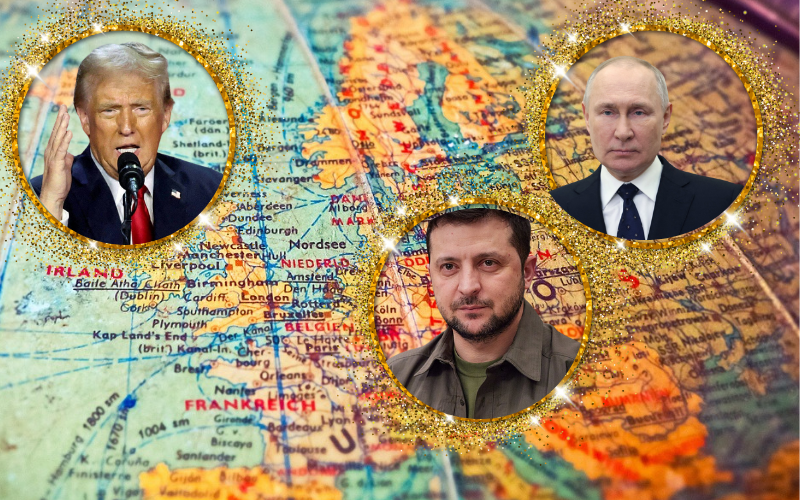

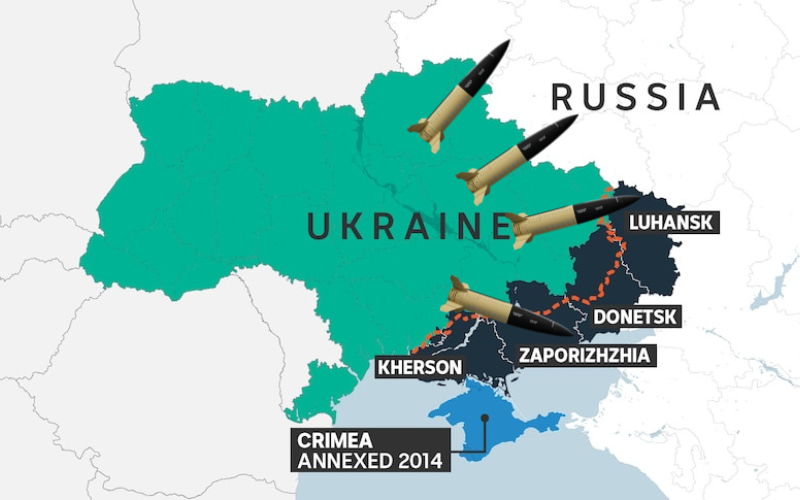
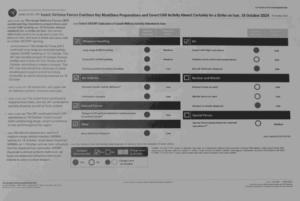



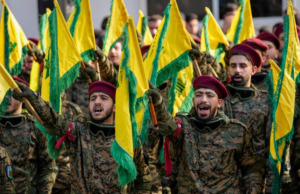

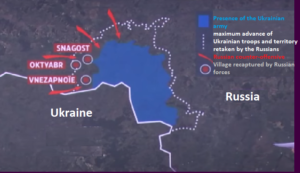

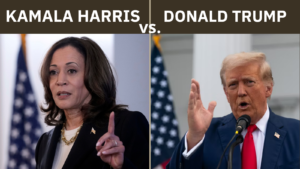

Post Comment